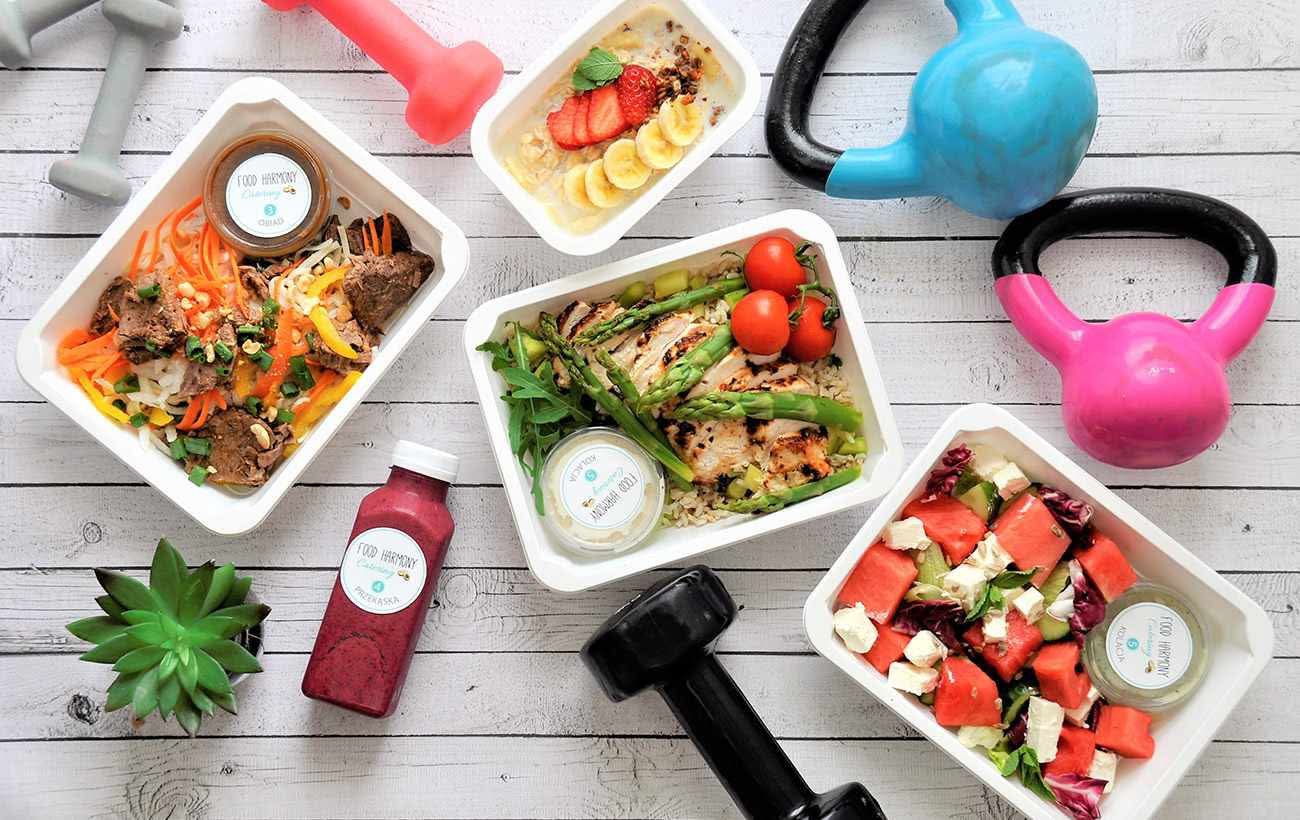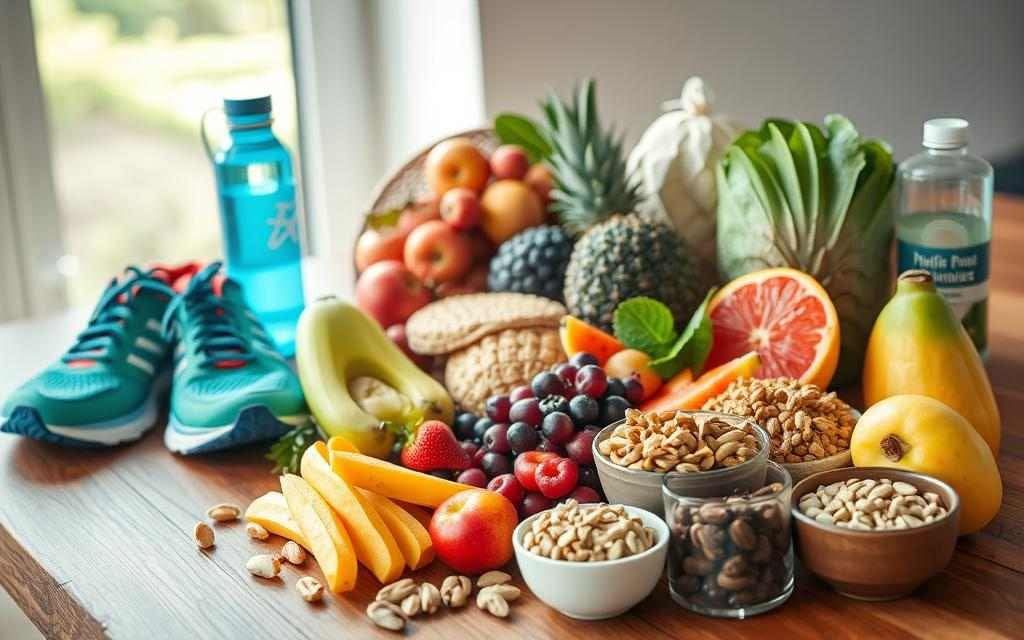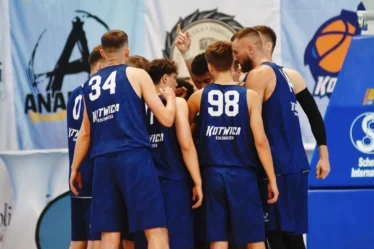
Everything we do in life has its foundation. When it comes to sports, that foundation is not only hard work during training but also a proper diet. What we eat has a significant impact on our athletic performance, recovery, and overall well-being. In today’s post, we’ll take a look at how diet can support physical activity and improve results.
1. Energy During Training – Carbohydrates Are Key
Carbohydrates are the primary source of energy for athletes. When we engage in intense exercise, our body uses glycogen – a form of stored carbohydrates in muscles and the liver. Without an adequate amount of carbs in your diet, your body starts to use other energy sources, which can lead to faster fatigue and a drop in performance.
The best sources of carbohydrates include:
- Whole grains (oats, quinoa, brown rice),
- Fruits and vegetables,
- Legumes.
Well-planned carbohydrate intake before a workout helps maintain a steady energy level and boosts endurance.
2. Protein – The Building Block of Muscles
After training, your body needs protein to repair and rebuild damaged muscle fibers. It’s essential to ensure you’re getting enough protein, especially if you’re doing strength training or intense workouts that cause muscle microtears. Protein not only helps with muscle repair but also supports muscle growth.
Good sources of protein include:
- Lean meats (chicken, turkey),
- Fish (especially fatty fish like salmon or mackerel),
- Eggs,
- Legumes,
- Dairy products (cottage cheese, yogurt, cheese).
The optimal amount of protein for an athlete is usually between 1.2-2.0 grams per kilogram of body weight per day, depending on the intensity of training and goals.
3. Fats – Essential for Health
Although fats have been demonized in diets for years, they actually play an incredibly important role in the body, especially for active individuals. Fats are a source of energy and also help with the absorption of vitamins A, D, E, and K, which are vital for health. Additionally, healthy fats help maintain hormonal balance, which is key for performance and recovery.
It’s important to choose healthy sources of fats, such as:
- Avocados,
- Nuts and seeds,
- Olive oil,
- Fatty fish,
- Plant-based oils (e.g., flaxseed oil, canola oil).
4. Hydration – The Key to Performance
Every athlete knows how important it is to stay properly hydrated, especially during intense training. Hydration directly affects our performance, coordination, and concentration. A well-hydrated body is better able to eliminate waste products and prevent muscle cramps.
Make sure to drink water regularly throughout the day, not just during workouts. For long or intense workouts, you may want to supplement with an isotonic drink that replenishes electrolytes, helping maintain a proper water-electrolyte balance.
5. Supplements – Are They Worth It?
A well-balanced diet should provide all the necessary nutrients, but in some cases, supplementation can support athletic performance. Examples include:
- Creatine – helps with recovery and improves performance during short, intense bursts of effort (e.g., weightlifting).
- BCAAs (branched-chain amino acids) – help protect muscles during prolonged exercise.
- Vitamins and minerals – particularly vitamin D3 and magnesium, which are crucial for bone and muscle health.
Before starting supplementation, it’s a good idea to consult with a nutritionist or doctor to ensure it’s right for your needs.
Sport and diet are inseparable elements that complement each other. A well-balanced diet rich in carbohydrates, protein, fats, vitamins, and minerals provides your body with the energy it needs for training and supports recovery after exercise. With proper nutrition, you can achieve better athletic results, take care of your health, and feel better every day. Remember, your diet is not just fuel for your body—it’s also a tool that helps you reach your sports goals!
To see you! Leave a comment!




